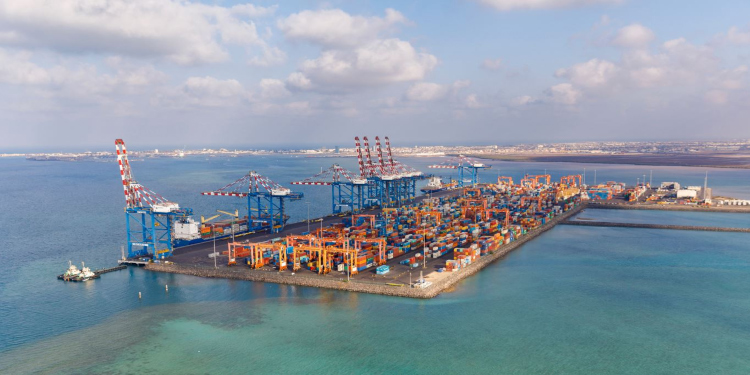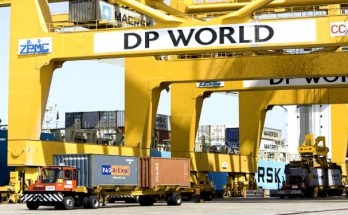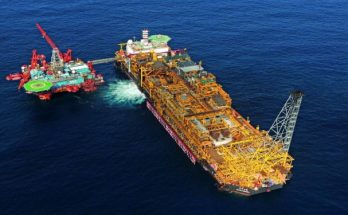 South Sudan has announced that it will import essential oil supplies through Djibouti and Kenyan ports instead of using Port Sudan due to ongoing conflict.
South Sudan has announced that it will import essential oil supplies through Djibouti and Kenyan ports instead of using Port Sudan due to ongoing conflict.
Minister of Petroleum, Puot Kang Chuol, stated during a press briefing that the Ministry, with the approval of the cabinet and the country’s top leadership, including President Salva Kiir and First Vice President Riek Machar, has formed an Emergency Response Team.
“The Emergency Response Team, guided by a well-defined and structured contingency plan, will proactively mitigate the impact of the fighting in Sudan by rerouting all logistics and transportation of critical materials, chemicals, and equipment,” said Minister Chuol.
He emphasized that the crisis has caused mild disruptions in the logistics and transportation of essential supplies to South Sudan’s oilfields through Port Sudan.
“To avoid delivery disruptions, especially of chemicals used in production, we have decided to import essential supplies through the Mombasa port in Kenya. We are also exploring the utilization of Djibouti’s port,” explained Chuol.
The minister assured that the current inventories of critical materials, chemicals, and equipment in the oilfields are sufficient to sustain smooth production and exportation of crude oil for the next three months. The Emergency Response Team is actively working with stakeholders and their Sudanese counterparts to ensure uninterrupted crude oil production in South Sudan amidst the ongoing conflict.
Chuol further reassured that all oilfield facilities, including pipelines, pump stations, field processing facilities, field surface facilities, and the export marine terminal in Sudan, are well-protected and safe from damage. South Sudan continues to produce and export an average of 169,140.81 barrels of crude oil per day from its oilfields.
The Emergency Response Team maintains constant communication and cooperation with relevant authorities at the Port of Mombasa in Kenya and the Port of Djibouti to ensure timely clearance and transportation of critical materials, chemicals, and equipment destined for South Sudan’s oilfield activities, if any are present at those ports.
Given South Sudan’s heavy reliance on oil revenue to finance its annual fiscal expenditure, the country is currently facing economic challenges. The crisis in Sudan arose from major disagreements between the Sudan Army Force and the Rapid Support Force (RSF), particularly regarding the integration of the RSF into the army.
In a separate but related matter, South Sudan’s Minister of Presidential Affairs, Barnaba Marial Benjamin, urged investors to consider opportunities in the country. He highlighted the vast natural resources available, which could benefit South Sudan, the region, and beyond.
“The country is endowed with enormous natural resources such as oil, gold, copper, iron, uranium, and fertile land. Over 20 types of minerals can be found here—gold, copper, iron, uranium, you name it,” Minister Benjamin declared on behalf of President Kiir during the opening of the Oil and Power Conference in Juba.
He encouraged investors to harness the country’s agricultural potential and warmly welcomed them. Benjamin emphasized the conference’s aim to attract national, regional, and international investors interested in exploring opportunities in upstream and midstream sectors, mining, power generation and distribution, services, and infrastructure.



